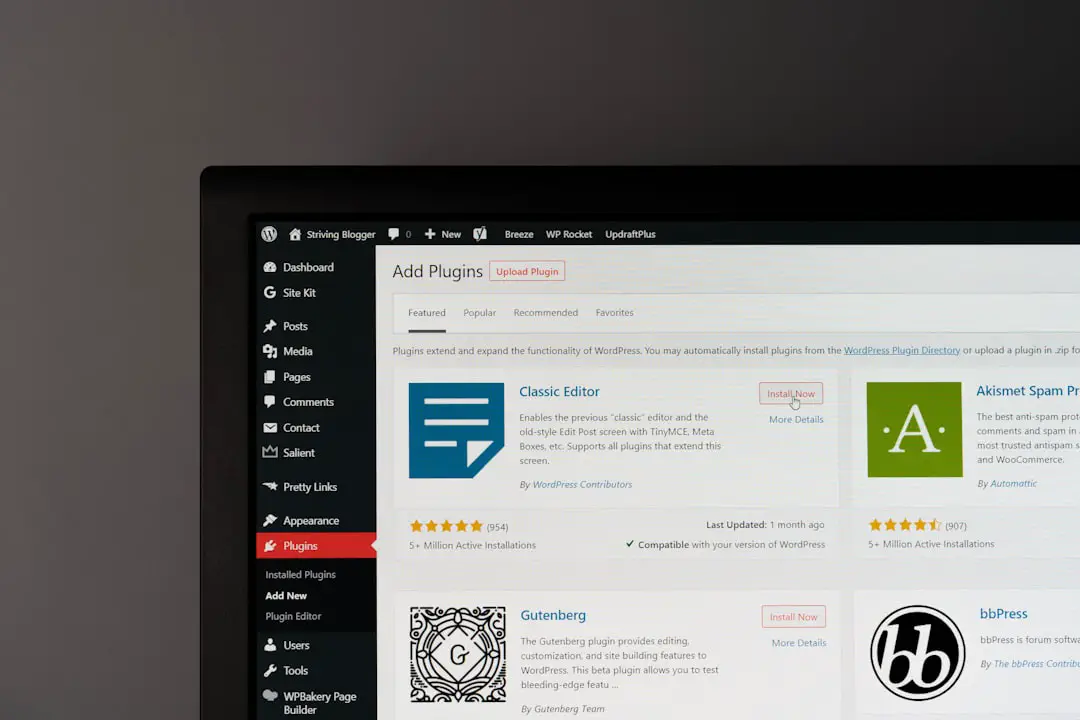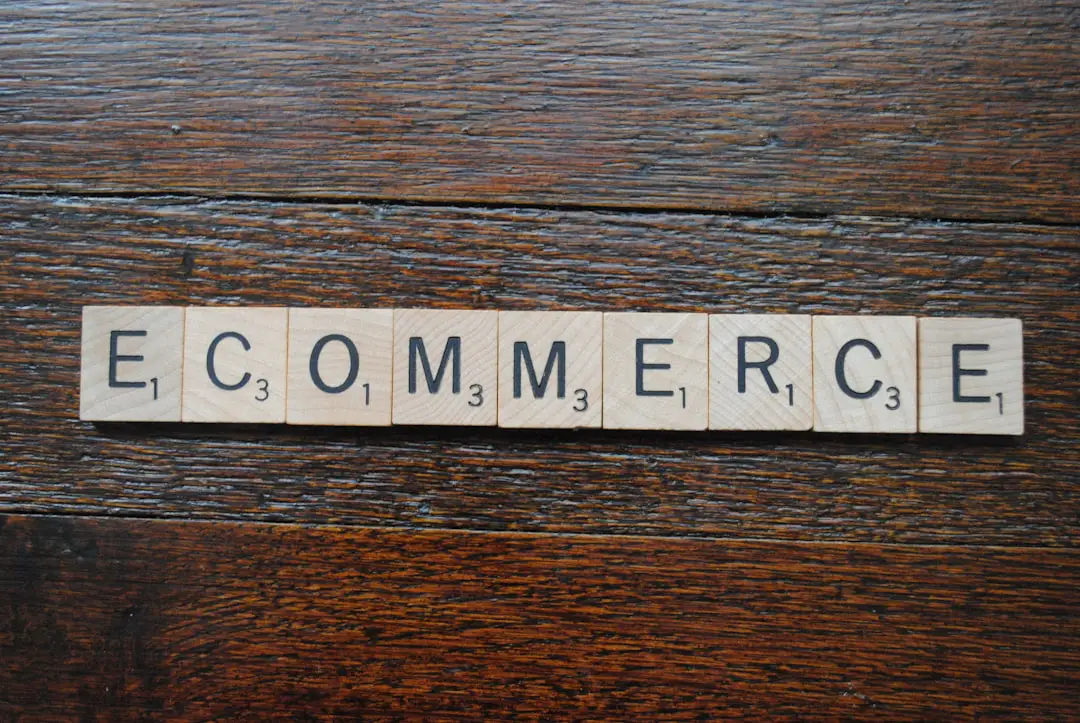The eCommerce landscape is growing at a rapid pace, and choosing the right platform or tool for your online business can significantly impact your sales, user experience, and long-term scalability. With hundreds of options available, finding the best solutions that align with your goals can be overwhelming. This article provides a curated list of the top 12 eCommerce platforms and tools designed to help you boost your online sales, optimize operations, and stay competitive in the digital marketplace.
1. Shopify
Best for: Beginners and small to medium-sized businesses
Shopify is one of the most popular eCommerce platforms globally, and for good reason. It offers a user-friendly interface, hundreds of customizable templates, and a wide array of integrations and apps. It’s ideal for entrepreneurs looking for a quick, professional online store setup.
- Drag-and-drop store builder
- Secure and reliable hosting
- Integrated payment processing with Shopify Payments
- Excellent customer support
2. WooCommerce
Best for: WordPress users looking to integrate eCommerce functionality
WooCommerce is an open-source plugin for WordPress that transforms a standard website into a fully functional online store. It provides flexibility, full control over your site, and access to a vibrant community of developers.
- Highly customizable
- Large plugin marketplace
- SEO-friendly by design
- No monthly fees
3. BigCommerce
Best for: Growing and enterprise-level businesses
BigCommerce offers robust built-in features that are perfect for larger or rapidly scaling businesses. It’s known for its strong SEO capabilities, multi-channel selling, and valuable B2B functionalities.
- No transaction fees
- Advanced analytics and reporting
- 24/7 technical support
- Built-in marketing tools
4. Magento (Adobe Commerce)
Best for: Developers and large enterprises that require customization
Magento, owned by Adobe, is a powerful open-source platform known for its scalability and extensive customization options. It’s ideal for businesses with access to development resources and a need for complex, large-scale infrastructures.
- Highly scalable and customizable
- Support for internationalization
- Advanced inventory management
- Community and enterprise editions

5. Wix eCommerce
Best for: Small businesses and creatives looking for simplicity
Wix is primarily known as a website builder, but its eCommerce functionality has grown significantly. It’s best suited for solopreneurs, artists, and boutique stores that need a beautiful site with basic eCommerce features.
- Easy-to-use drag-and-drop editor
- Over 500 designer templates
- Mobile-optimized storefronts
- Secure online payments
6. Squarespace
Best for: Creatives and entrepreneurs who value design
Squarespace offers stunning design templates and intuitive eCommerce functionalities tailored for small to medium-sized stores. It’s a great option for those who want sleek aesthetics and ease of use without compromising on essential online selling features.
- All-in-one platform (hosting, domain, eCommerce)
- Excellent blog and content management tools
- Inventory and tax management solutions
- Integrated analytics and marketing tools
7. Ecwid
Best for: Integrating eCommerce into an existing website
Ecwid makes it easy to add eCommerce features to any site, whether it’s built on WordPress, Joomla, or even Facebook. It’s especially useful for businesses that already have a site and want to start selling online without migrating to a new platform.
- Add to an existing website with a simple plugin
- Supports multiple sales channels
- Free plan available
- Automatic tax calculations
8. PrestaShop
Best for: Tech-savvy retailers with a need for customization
PrestaShop is an open-source eCommerce platform with a large and active community. It suits businesses willing to handle some level of technical setup in exchange for complete control over their store.
- Free to download and use
- Large module and theme marketplace
- Multilingual and multi-currency support
- Detailed product and inventory management
9. Salesforce Commerce Cloud
Best for: Large-scale operations seeking enterprise-grade solutions
Salesforce Commerce Cloud is geared toward large businesses that require deep integrations, unified commerce, and artificial intelligence. It enables marketing, sales, and customer service functions within a single ecosystem.
- Advanced AI personalization (Einstein AI)
- Seamless CRM and marketing automation integration
- Powerful analytics and forecasting tools
- Enterprise-grade security and reliability

10. Volusion
Best for: Small to mid-sized businesses looking for built-in SEO tools
Volusion offers all the basics needed to start selling online, along with excellent tools for search engine optimization and customer management. It includes a site builder, responsiveness, and tracking features.
- No transaction fees
- Built-in SEO tools
- Inventory and order management
- Real-time support options
11. Sellfy
Best for: Digital products and creators
Sellfy is a go-to platform for creators who want to sell digital products like eBooks, music, or design assets. It offers built-in eCommerce features that allow for fast setup and direct-to-consumer marketing.
- Works great for physical, digital, and subscription content
- Instant payouts via PayPal and Stripe
- Email marketing and discount tools included
- Embeddable buttons and buy now links
12. Shift4Shop (formerly 3dcart)
Best for: Businesses wanting a feature-rich yet affordable solution
Shift4Shop offers powerful eCommerce capabilities for free if you use their payment processing system. It’s versatile, feature-rich, and well-suited for businesses that want to save on monthly fees while still having access to strong functionalities.
- Free plan with Shift4 processing
- Over 200 built-in features
- Fully customizable HTML and CSS
- Strong SEO and marketing tools

Choosing the Right eCommerce Platform
When selecting an eCommerce platform or tool, there are a few key considerations to keep in mind:
- Technical expertise: Some platforms offer drag-and-drop simplicity, while others require coding knowledge.
- Business size and scalability: Make sure the platform supports your current needs and long-term growth.
- Budget: Consider both upfront and ongoing costs, including transaction fees, hosting, and app/plugin purchases.
- Customization: Determine whether the platform allows you to tailor the store to your brand and customer needs.
Final Thoughts
There’s no one-size-fits-all solution in eCommerce. The best platform for your business will depend on your budget, goals, product type, and technical capabilities. Whether you’re just starting out with Shopify or expanding globally with Magento or Salesforce Commerce Cloud, the platforms and tools above serve as strong foundations to drive your online sales forward. Take the time to evaluate your needs, test out free trials where available, and invest in a solution that’s flexible, functional, and aligned with your brand.
